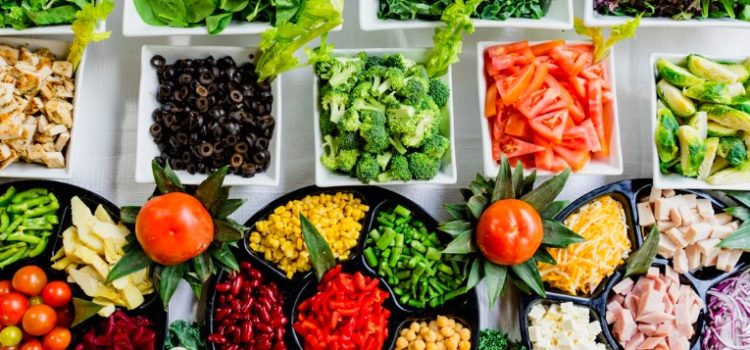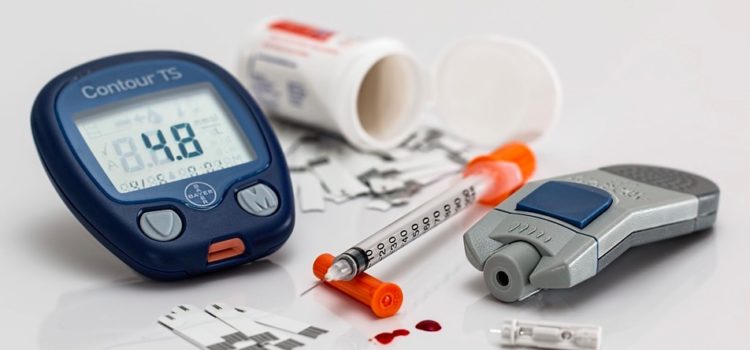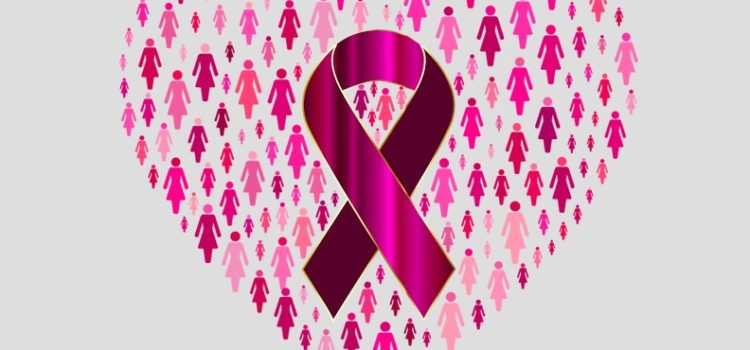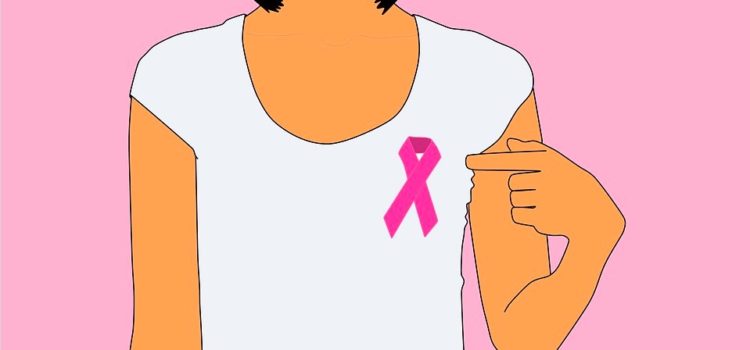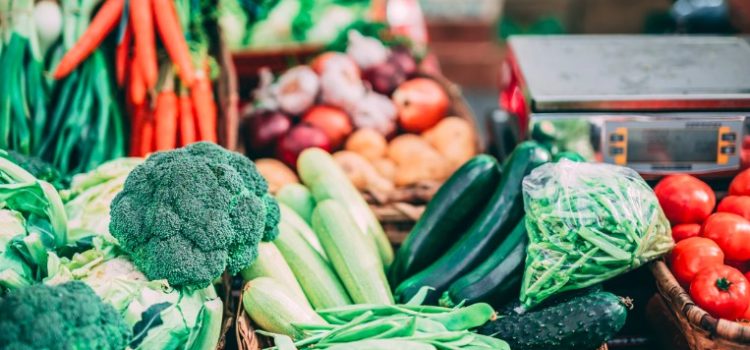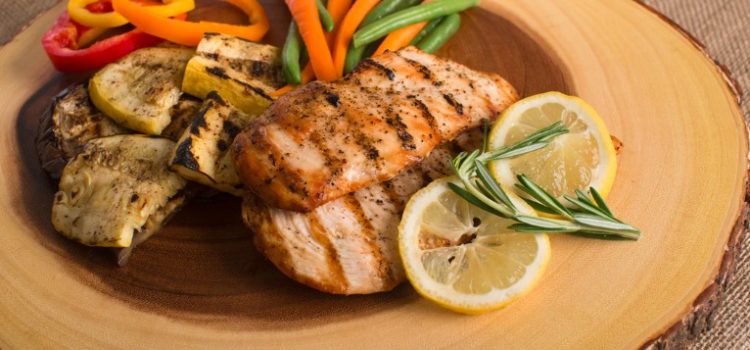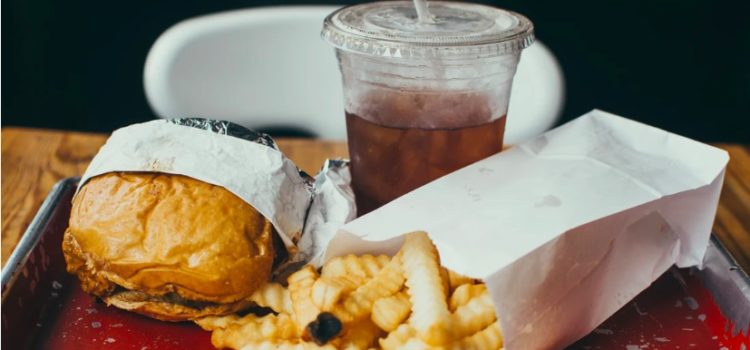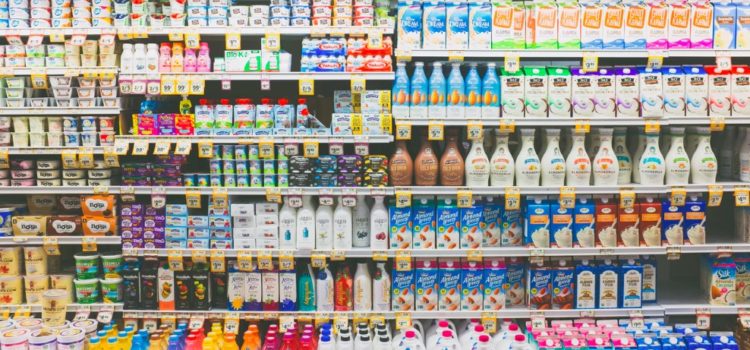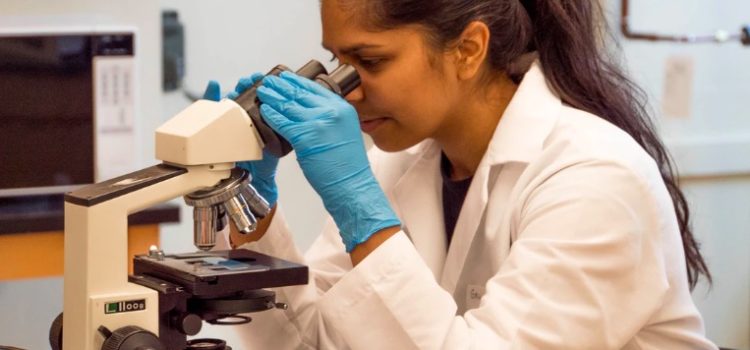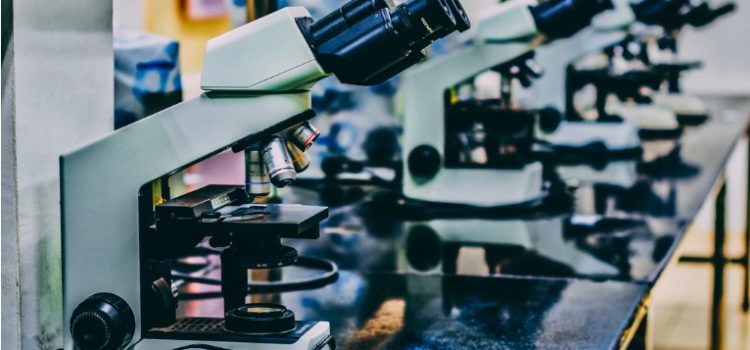When we want to lose weight, our first thought is usually to cut calories. The mantra “burn more calories than you consume” has always guided Westerners on their weight-loss journeys, prompting them to starve themselves and head to the gym. But what if you could eat more to lose weight? Although it seems counterintuitive to eat more to lose weight, it’s actually the healthiest way to do it. But you can’t just eat more white bread and meat and expect to lose weight. According to the “Eat More to Lose Weight” philosophy, what you eat is more important than how
How to Eat More to Lose Weight, the Right Way
